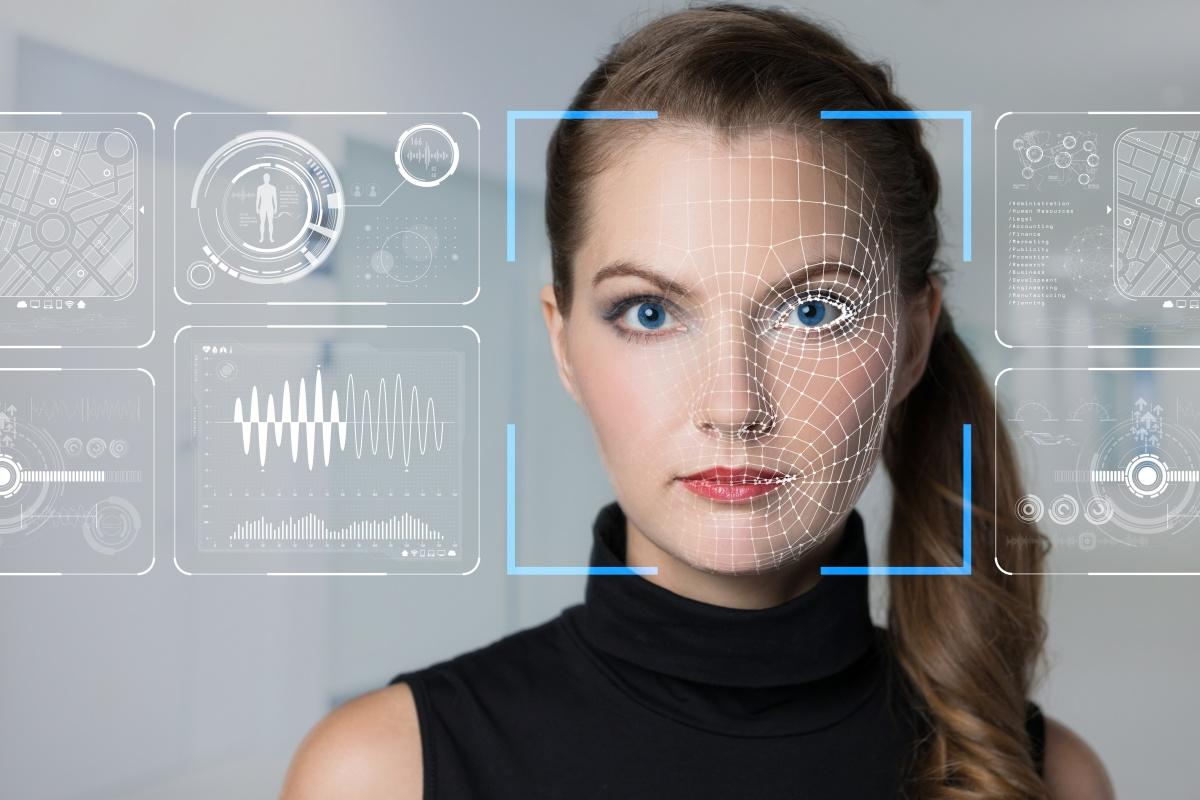
Facial recognition technology is being put into use faster than people even realize. Almost everything you do is captured and fed into a facial recognition database somewhere. From social media uploads to point-of-sale kiosks at your local Wal-Mart, it’s all going into a database. That database is then shared and merged with others to the point that a simple “deep fake” machine learning program can create an animated 3D replica of anyone.
People simply don’t realize how much of their identity is being captured by cameras and fed into databases for the purposes of facial recognition. Whenever you make a purchase at one of the newer automated checkout lanes, there is a camera facing upwards capturing your face perfectly. The purpose of that is not for crime prevention. The purpose is to attach your face to the name on the credit card you are using to pay. If you don’t use a credit card, it still recognizes you the next time you shop until you do use a payment method it can attach a name to. If you never use a credit card, eventually that database is merged with another that does have your face attached to your name, and their folder on you gets even bigger.
Even if certain laws outlaw this practice, data mining companies get around it by sharing databases in order to match names with “non-personal” information. Companies often try to alleviate consumer fears by saying all information held is anonymous, and not tied to a person’s name or other identifying data. And while that may be technically true, by simply merging that “non-identifiable” database with another database where identifiable information is allowed, they now have all the private information they claimed not to have.
What I described is all just for the private sector, now imagine the 4th amendment nightmare of the government getting involved in this type of data mining and tracking. It’s for this reason that facial recognition technology use by the government needs to be outlawed outright. There is no scenario in which giving the government this sort of power can be justified.
Generally, the government uses the argument that this technology will make it easier to track and catch criminals, but this is just another fallacy. Violating the rights of 99.9% of the population to catch .1% of the population is not a valid argument. If it were, you could argue that police should be allowed to make sweeps of innocent people’s homes until they find evidence of criminal activity. It’s a completely absurd notion but this is the argument being used for increased facial recognition implementation by the government.
Virtually every implementation of facial recognition technology by our government is a violation of constitutional rights. The positive uses are so minimal, that no sane person can make the argument that the benefits outweigh the risks. It’s for this reason that the only common sense approach would be outlaw the use of facial recognition technology until a valid argument or safeguards for it’s use can be made.
Note: If you enjoyed this article, please make sure to share it! Also, make sure to join me on Minds.com, a free-speech focused social media platform.


SHARE